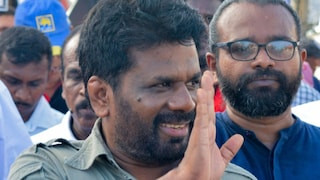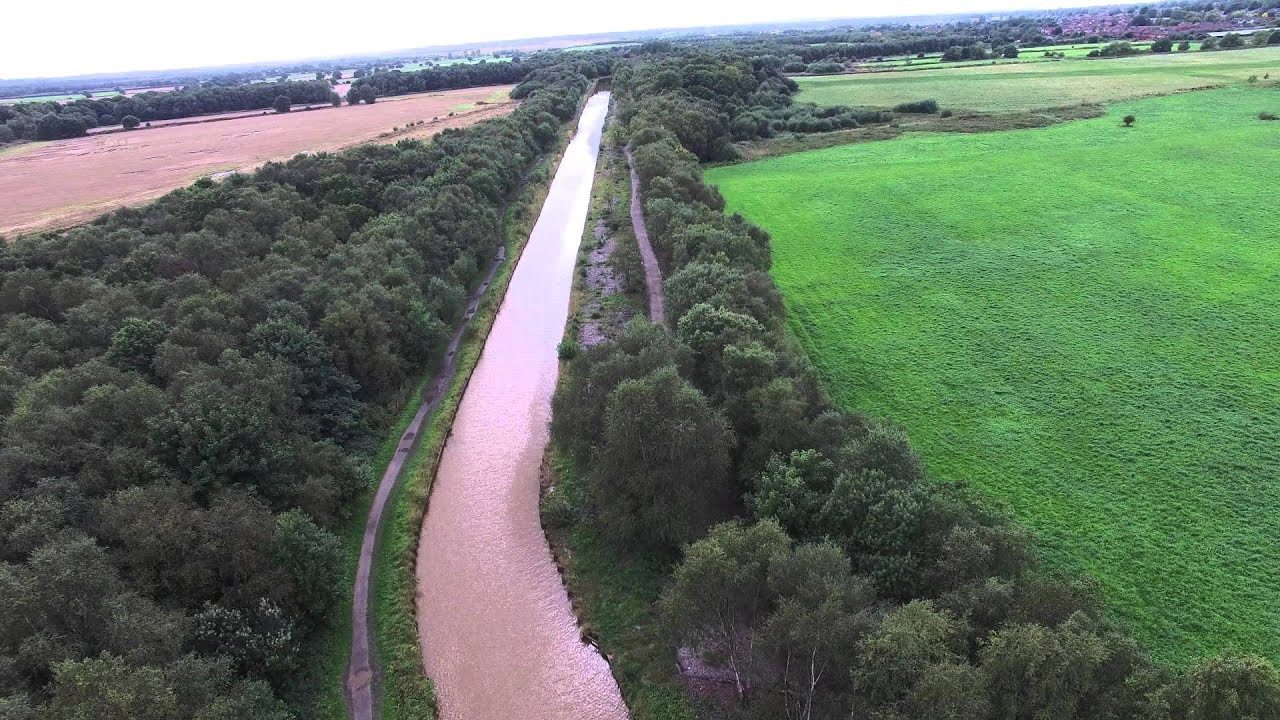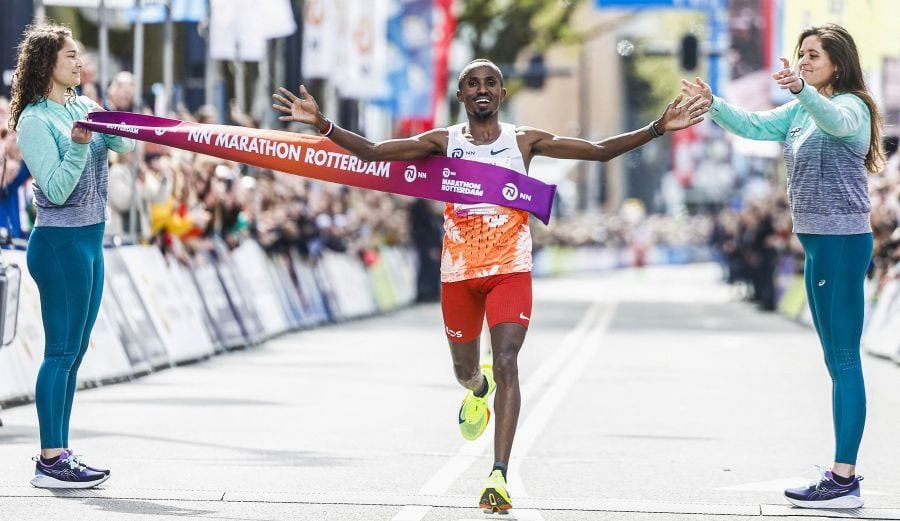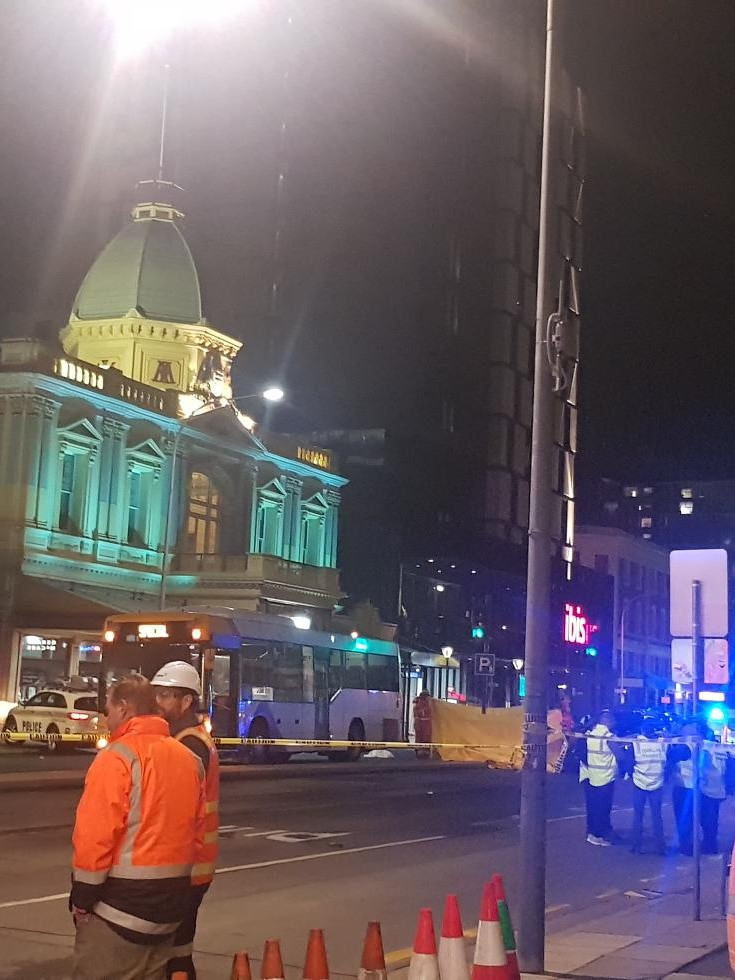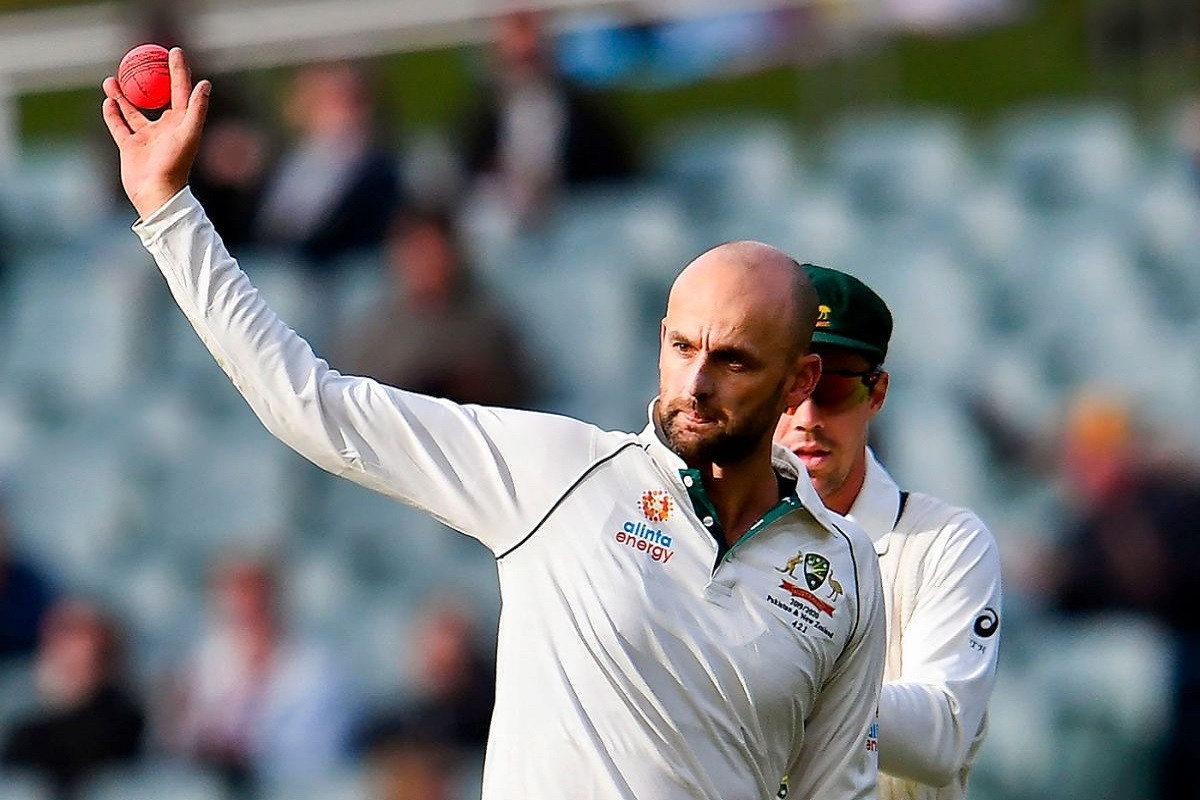The left-leaning alliance of Sri Lanka's new leader is on course for a landslide victory in the country's snap parliamentary elections, according to official results. President Anura Kumara Dissanayake's National People's Power (NPP) coalition has already won 141 seats - close to the 150-seat threshold to secure a majority in the 225-member house - with more seats to be declared.
Dissanayake, who was elected in September, needed a clear majority to deliver his promise to combat corruption and restore stability after the island's worst-ever economic crisis. The high cost of living was one of the key issues for many voters. Analysts had expected the NPP to do well in the elections but what remained to be determined was the margin of victory, and whether it would get the two-thirds majority it wanted to be able to pass its ambitious reforms.
In the outgoing assembly, Dissanayake's Janatha Vimukthi Peramuna (JVP) party, which now leads the NPP, had just three seats. The 55-year-old earlier told reporters that he believed this was “a crucial election that will mark a turning point in Sri Lanka”. Sajith Premadasa, the man Dissanayake defeated in the presidential elections, led the opposition alliance.
Dissanayake called for snap elections shortly after he became president to seek a fresh mandate to pursue his policies. There was “no point continuing with a parliament that is not in line with what the people want”, he had said. Nearly two-thirds of former MPs had chosen not to run for re-election, including prominent members of the former ruling Rajapaksa dynasty.
Out of 225 seats in the parliament, 196 MPs were directly elected. The rest were nominated by parties based on the percentage of votes they get in what is known as proportional representation. High inflation, food and fuel shortages precipitated a political crisis in 2022 which led to the ousting of President Gotabaya Rajapaksa. His successor Ranil Wickremesinghe managed to negotiate a bailout package worth $3bn with the International Monetary Fund - but many Sri Lankans continue to feel economic hardship.
“We are still stuck with the problems we faced before. We still don't have financial help even to fulfil our daily needs,” 26-year-old garment factory worker Manjula Devi, who works in the Katunayake Free Trade Zone near Colombo, told the BBC. The number of people living below the poverty line in Sri Lanka has risen to 25.9% in the past four years. The World Bank expects the economy to grow by only 2.2% in 2024.
Disenchantment with established political players greatly helped the left-leaning Dissanayake during September's election. His party has traditionally backed strong state intervention and lower taxes, and campaigned for leftist economic policies. Dissanayake made history as Sri Lanka's first president to be elected with less than 50% of the vote. Many observers think his alliance will do better this time.
How his alliance fares will be partly due to a fragmented opposition – with many leaders and parties breaking away into either smaller groups, or contesting as independent candidates. Observers say the JVP-led alliance ran a more vibrant campaign than the opposition.
The coalition will now be under massive pressure to perform and live up to their campaign promises. Sri Lanka's economic situation remains precarious – and the main focus is still on providing essential goods and services. How the country progresses from this point will be a real challenge for the new government.
Sri Lanka's Political Landscape Shifts
Sri Lankan President Anura Kumara Dissanayake’s leftist coalition has achieved a landslide victory in snap elections, delivering the Marxist-leaning leader a powerful mandate to ease punishing austerity measures in the crisis-stricken nation. With most ballots counted on Friday, Dissanayake’s National People’s Power (NPP) was far ahead of the opposition alliance Samagi Jana Balawegaya (SJB) with 62 percent of the vote and a majority of seats, according to partial results from the country’s election commission. The NPP had won 141 seats in the 225-member parliament and was leading in all but one of 22 electoral districts as of the early afternoon, putting it on track to secure an overwhelming parliamentary majority.
A Turning Point for Sri Lanka
The NPP’s victory marks a significant shift in Sri Lanka’s political landscape, Analysts believe that the NPP's success is a testament to the public's desire for change and their dissatisfaction with the current economic situation. Dissanayake’s victory is a clear indication that Sri Lankans are looking for a new direction for their country. Dissanayake’s coalition will now be under massive pressure to deliver on its promises and to address the country’s economic woes.
Challenges Ahead
The NPP's victory comes at a time when Sri Lanka is facing an unprecedented economic crisis, and the new government will have to address the country's deep-rooted problems, including poverty, corruption, and unemployment. The NPP will have to make tough decisions to restore stability and put the economy back on track. They will need to balance their commitment to social welfare with the need to attract foreign investment and rebuild confidence in the country’s economy. The new government's success will depend on its ability to navigate these challenges and to build a more just and equitable society for all Sri Lankans.




